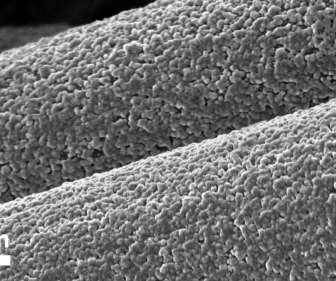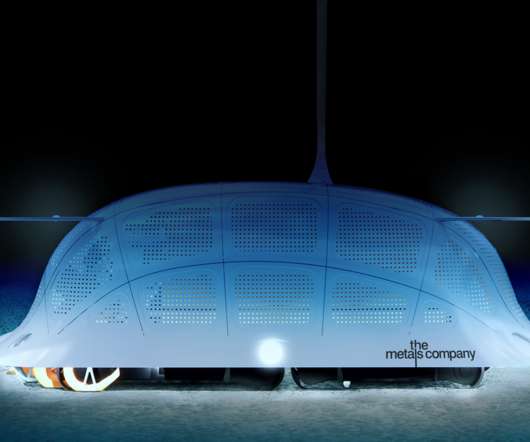SLAC, MIT, TRI researchers advance machine learning to accelerate battery development; insights on fast-charging
Green Car Congress
MARCH 9, 2021
Instead of using machine learning just to speed up scientific analysis by looking for patterns in data—as typically done—the researchers combined it with knowledge gained from experiments and equations guided by physics to discover and explain a process that shortens the lifetimes of fast-charging lithium-ion batteries.

































Let's personalize your content